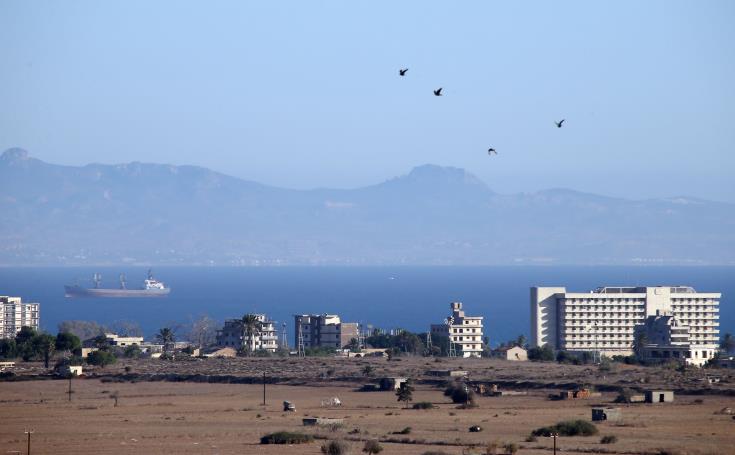The offer by President Nicos Anastasiades to provide the presidential retreat at Troodos and some government houses, as a recuperation centre for coronavirus patients, although gracious, is misguided.
For the umpteenth time, Cyprus remains a reactive state and hardly ever proactive.
Shutting down four crossing points for a week will hardly protect our cocoon island from alien invaders, in whatever microscopic form, as the streams of refugee migrants have proven, when they walk across the fields of Astromeritis, unhindered, seeking asylum.
The same applies to the sheep, chickens and even flea-infested stray dogs that wade across the Green Line. Is this how we contained the bird flu in 2006 and scrapie in 2007?
One wonders if the closure of four crossing points was the result of finally finding an excuse to retaliate against Turkey’s bullying tactics in the region, as well as its intention to enter the fenced-off area of Famagusta.
Ankara has used the premise that resort town Varosha was abandoned by the Greek Cypriots and the rightful owners have no interest in getting their homes and hotels back.
This was unfortunately proven from the poor showing of Famagusta citizens when it came to elect a new mayor a few months ago.
The truth is that the government (and all successive administrations) have been dithering on the Famagusta issue, which they took for granted as being a top priority when discussing a solution to the Cyprus problem.
This gave Famagustans high hopes that politicians would resolve the problems that have divided the two communities for six decades and that someday “soon” they would all return to their homes, without a scratch and as if nothing happened.
Turkey has been stalling over the years, hopeful that the relatives of missing persons and the refugees would get tired, old or just die, with fewer to claim compensation, which it never intended to pay in the first place.
Several landmark cases have been won by Greek Cypriot refugees in the European Court of Human Rights, but the problem has been implementing the court decision and forcing Ankara to comply, as opposed to the amount awarded.
We are running out of smart moves and the only action is the knee-jerk reaction to events, whenever a crisis erupts.
Turkey continues to bully its way around the eastern Mediterranean, picking fights with sides it knows it can beat and testing the limits when it comes to ‘rivals’ such as Israel and Egypt, with which it does not want an all-out conflict.
And it has just given its border services free rein to allow hundreds of refugees, supposedly coming out of Syria’s war in Idlib, to walk across and seek refuge in Greece first and then Europe.
And this, with the tolerance of western nations and NATO that have shown little solidarity to frontline states struggling to cope with the overflow of migrant refugees, despite the EU rewarding Turkey with €5 bln in aid.
Cyprus can no longer deal with issues such as energy exploration, virus control, regional conflicts and embargoes simply by taking a back-seat policy and waiting for everything to sort itself out, eventually.
Proactive initiatives are needed to defend Cyprus’ rights in international fora and world markets, from developing tourism to protecting shipping.
But the current political leaders are succeeding in shooting themselves in the foot.










